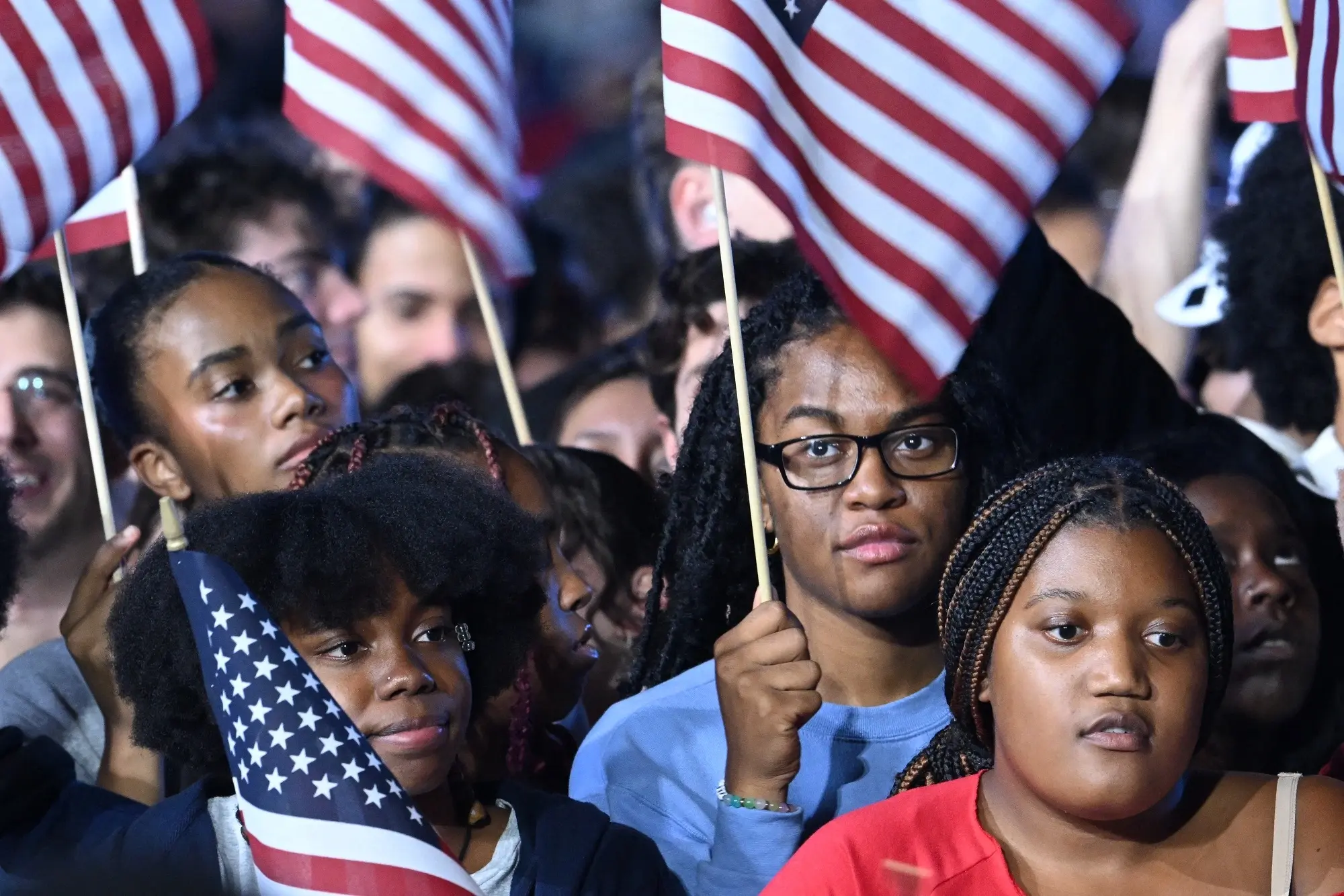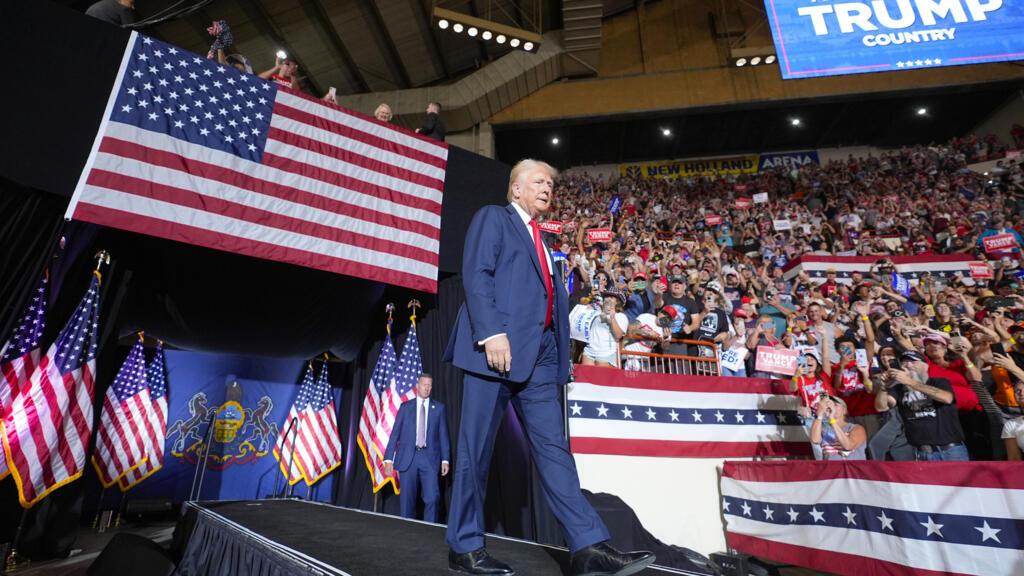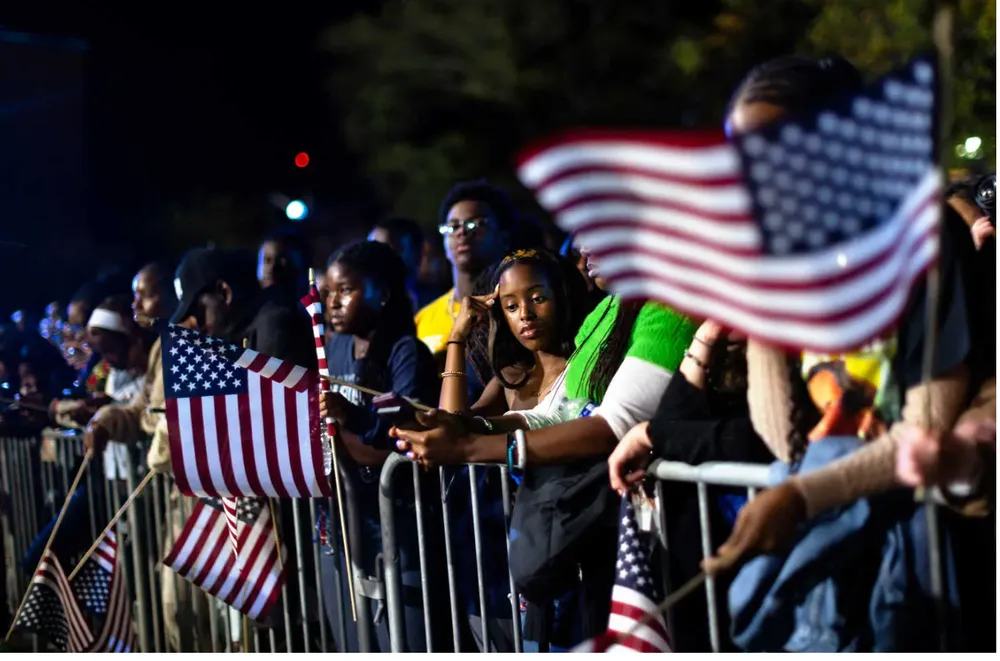The issue of voting rights in the United States has long been a cornerstone of democratic discourse, and recent attention has focused on the strict regulations that govern who is eligible to cast a ballot. Under U.S. federal election law, specifically the Federal Election Law and the Illegal Immigration Reform and Immigrant Responsibility Act of 1996, non-citizens, including those who have entered the country illegally, are explicitly prohibited from participating in federal, state, or local elections. This legal framework underscores a fundamental principle of American democracy: voting is a right reserved for citizens. The prohibition has sparked debates about enforcement, voter integrity, and the broader implications for immigration policy, particularly in an era of heightened political polarization.

The Federal Election Law establishes clear guidelines for voter eligibility, requiring individuals to be U.S. citizens, meet age requirements (typically 18 by Election Day), and be residents of the state or locality where they intend to vote. The Illegal Immigration Reform and Immigrant Responsibility Act of 1996 further reinforces this by imposing penalties on non-citizens who attempt to vote, including fines, imprisonment, or deportation. These laws aim to protect the integrity of the electoral process, ensuring that only those with a legal stake in the nation’s governance can influence its outcomes. Violations are rare but carry significant consequences, reflecting the seriousness with which the U.S. treats electoral participation.
Enforcement of these laws occurs at multiple levels. States are primarily responsible for maintaining voter rolls and verifying eligibility, often requiring proof of citizenship, such as a driver’s license, passport, or birth certificate, during registration. Some states have implemented additional safeguards, like cross-referencing voter registration data with federal immigration databases. However, challenges persist. Critics argue that lax enforcement or vulnerabilities in voter registration systems could allow non-citizens to slip through the cracks, though evidence of widespread non-citizen voting remains scarce. Studies, such as one conducted by the Brennan Center for Justice in 2017, found that instances of non-citizen voting are statistically negligible, often involving administrative errors rather than intentional fraud.
Proponents of strict voter eligibility laws emphasize the importance of safeguarding democracy. They argue that allowing non-citizens to vote, even unintentionally, dilutes the voice of citizens and undermines the legal framework that defines national sovereignty. This perspective often aligns with broader calls for stronger immigration enforcement, particularly in states with large immigrant populations. For example, border states like Texas and Arizona have pushed for legislation requiring proof of citizenship for voter registration, citing concerns about illegal immigration’s impact on electoral integrity. These efforts have gained traction in recent years, fueled by public skepticism about the security of elections.

On the other hand, advocates for immigrant rights contend that the focus on non-citizen voting is often exaggerated to stoke fear and division. They point out that the barriers to voting for non-citizens are already formidable, and the risk of prosecution deters most from attempting to register. Instead, these advocates argue that resources should be directed toward expanding access to legal pathways for citizenship, which would allow more immigrants to participate in the democratic process legitimately. They also highlight the contributions of immigrants to American society, noting that many pay taxes and engage in civic life without the ability to vote.
The debate over non-citizen voting intersects with broader questions about immigration policy and electoral trust. Misinformation about voter fraud, including unfounded claims of widespread non-citizen voting, has fueled distrust in electoral systems. In response, federal and state governments have invested in public education campaigns to clarify voting laws and dispel myths. Meanwhile, organizations on both sides of the issue continue to monitor elections closely, either to ensure compliance or to protect against voter suppression.

As the United States navigates its complex relationship with immigration, the prohibition on non-citizen voting remains a clear legal boundary. While the laws are straightforward, their enforcement and the surrounding political rhetoric continue to shape public perception. The balance between securing elections and fostering an inclusive democracy will likely remain a point of contention for years to come, reflecting the nation’s ongoing struggle to define its identity and values.






